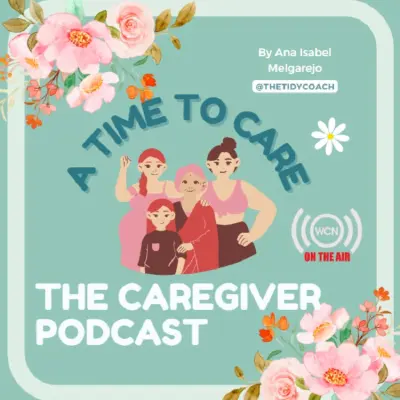Gradual changes in children and the elderly often go unnoticed, but when a noticeable shift occurs in an elderly loved one, it can lead to the need for challenging conversations. These moments can be delicate, whether you're the one initiating the conversation or on the receiving end of it.
If you're the one starting the conversation, take time to understand the perspective of those you're speaking with. People generally mean well and want what’s best for their loved one, even if their words or actions seem hurtful. Avoid taking things personally, and focus on the shared goal of caring for your loved one.
If you're on the receiving end, pause before reacting. Listen carefully, even if the feedback feels difficult to hear, and let go of any unnecessary emotional baggage. If the message isn’t clear, ask thoughtful questions for clarification. If you find yourself becoming upset, step away to cool down and revisit the topic later with a calm and open mind.
By approaching these conversations with empathy, patience, and understanding, you can turn them into opportunities for deeper connection and better care for your loved ones.
